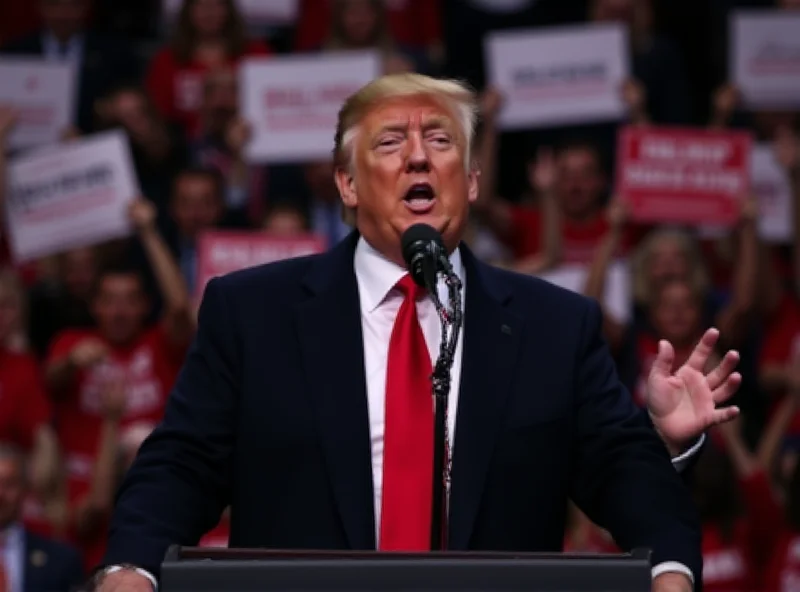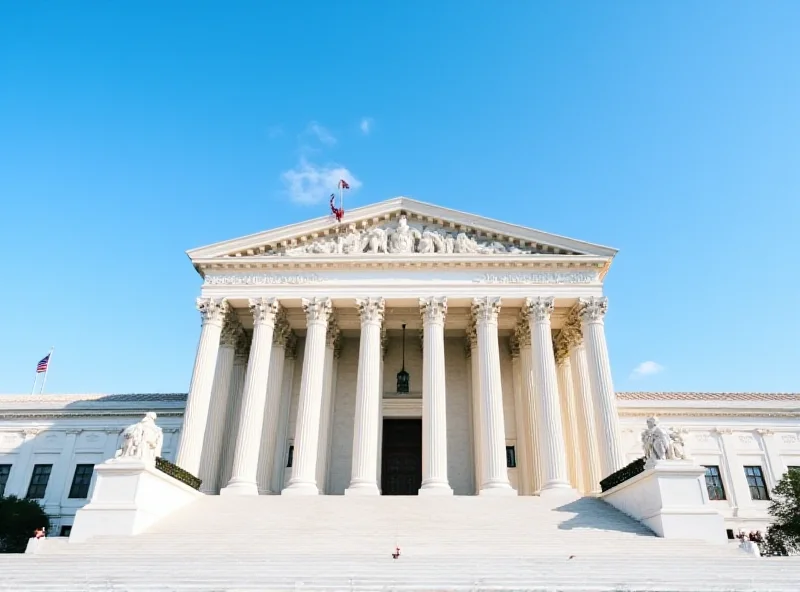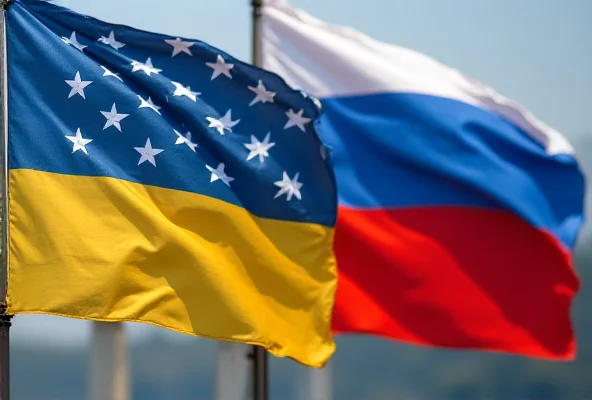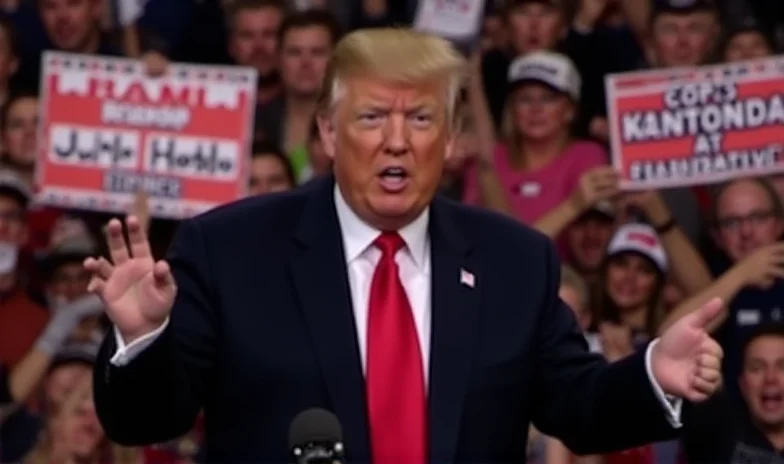Former President Donald Trump remains a fixture in the news, and recent reports cover a range of topics from language policy to accusations of drug use and international aid. Here's a quick look at some of the latest headlines.
English as Official Language?
Multiple media outlets have reported that President Trump allegedly ordered English to be designated as the official language of the United States.  This would be a significant departure from the country's historical stance, as the U.S. has never adopted an official language at the federal level. The reports remain unconfirmed, however.
This would be a significant departure from the country's historical stance, as the U.S. has never adopted an official language at the federal level. The reports remain unconfirmed, however.
The implications of such a move would be far-reaching, potentially affecting everything from government documents to public services. Advocates argue it could promote national unity, while critics contend it could marginalize non-English speakers.
Cocaine Conspiracy at the White House?
In a more sensational claim, President Trump has publicly accused President Joe Biden or his son, Hunter Biden, of being responsible for leaving cocaine in the White House in 2023. This accusation, made during a recent interview, has drawn considerable attention and fueled political debate. The White House has not commented on the specific allegation.
“I have it on very good authority that it was either Joe or Hunter,” Trump reportedly said. Whether this is a serious accusation or political posturing remains to be seen.
Supreme Court to Review USAID Funding Freeze
The U.S. Supreme Court is set to weigh in on the Trump administration's decision to freeze foreign funding for USAID (United States Agency for International Development).  This freeze, implemented during Trump's time in office, affected aid programs aimed at assisting some of the world's poorest populations.
This freeze, implemented during Trump's time in office, affected aid programs aimed at assisting some of the world's poorest populations.
The court's decision could have a significant impact on the future of U.S. foreign aid policy. Critics of the freeze argue that it harmed vulnerable communities, while supporters claim it allowed for a more strategic allocation of resources. The Supreme Court's ruling is eagerly awaited by those on both sides of the issue.
Meanwhile, NPR reports on how the fallout of U.S.-Ukraine relations is being perceived in Russia. Scott Simon speaks with Johns Hopkins professor Sergey Radchenko about what Russia hopes to gain from negotiations with the United States over ending its war in Ukraine. 
